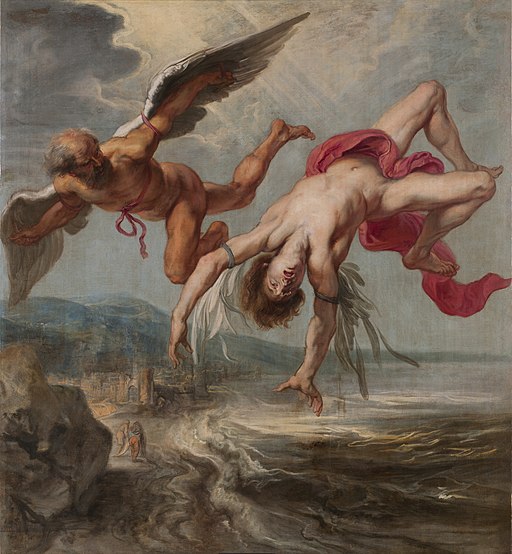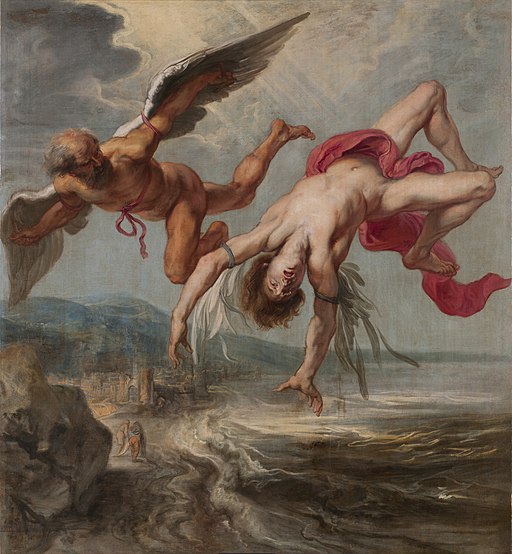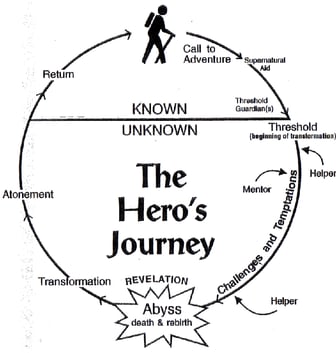
Depending on which source you cite there are either six types of stories, seven types of stories or thirty-seven types of stories. One story type is the “Icarus plot,” which is a rise then a fall in fortune. Another is “Rebirth,” in which an event forces the main character to change their ways and often become a better individual. Another is “Voyage and return,” in which the protagonist goes to a strange land and, after overcoming the threats it poses or learning important lessons unique to that location, returns with experience.
What must be acknowledged is the power that stories hold over society. That was the main theme of the conversation we had with Tim Stock at Orbit Flow 2023. Tim is the CEO and co-founder of scenarioDNA, a foresight consultancy that advises global clients on how to leverage cultural trends. He is the co-inventor of a patented methodology of “Culture Mapping” that analyzes patterns in language using computational linguistics and machine learning to identify and visualize trend narratives and forecasts.
To paraphrase Tim, the stories we tell shape our culture including such things as our attitude towards technology as well as actual policy decisions like environmental regulations.

Tim Stock at OrbitMI Flow
Tim got me thinking about technology and the power of stories. In an ever-evolving world shaped by technology, understanding our present requires acknowledging the powerful narratives that have guided us thus far.
I reflected on how our attitudes have changed towards social media over the last 15 years. At first our stories about social media radiated positivity. The prevailing belief was about the wonderful transformation social media would have on society. It would connect people; it would give us a place to play games and share ideas and it would give voice to people who otherwise wouldn't have one. To wit, social media's impact on the so-called “Arab Spring” in 2010 - 2012 seemed to justify those hopeful stories, and helped lead to the meteoric rise of companies such as Facebook.
Now the underbelly of social media has been revealed (see here, here and here), and our attitudes about it have shifted significantly. Our narratives about social media are now, for the most part, negative. Whether the issue is screen time for our kids, mental health and self-harm or election interference, we have turned.

The Fall of Icarus
It may be easy to “tut tut” about social media today but back then—when it first started—we had no way of knowing how something so seemingly good could become something so seemingly bad. Right?
Actually no. Point of fact, by the 2000s social networks had been around for decades. Usenet groups and Bulletin Board Systems (BBSs) struggled with and addressed the issues of bad behavior, content moderation, and spreading of disinformation well before Twitter (oops, I mean “X”) or Facebook were even ideas, let alone companies.
In other words, we knew that social media could be bad. Or at least that negative information was available had we chosen to look for it. So, were we really blind to the underbelly of social media or were we swayed by the positive story?
I’d argue that at the time, the positive story told about social media colored the regulatory environment and prevented society from erecting meaningful guardrails around its negative impacts.
What stories are we telling about maritime?
And that’s why stories are important to maritime. If we accept the premise that narrative impacts culture (and we should) which can then, in turn, impact things like the regulatory environment, then we should ponder the following question: What stories are we telling about maritime to ourselves and the world? For instance,

I think the story of maritime is none of these…
…and it’s all of these.
What we need is a larger frame in which to understand the story maritime. As we’ve said before, maritime has been around a really long time and will continue to be around for a really long time. Borrowing from Tim, I suggest we frame the story of maritime as the Hero’s Journey. The “Hero’s Journey” stems from the work of American writer Joseph Campbell and is a common narrative archetype that involves a hero who goes on an adventure, learns a lesson, wins a victory with that newfound knowledge, and then returns home transformed.
Isn't that where the industry is? A hero with newfound knowledge, ready to be transformed?
Indeed, the story of maritime is heroic. Let’s start telling it that way.
These Stories on Featured